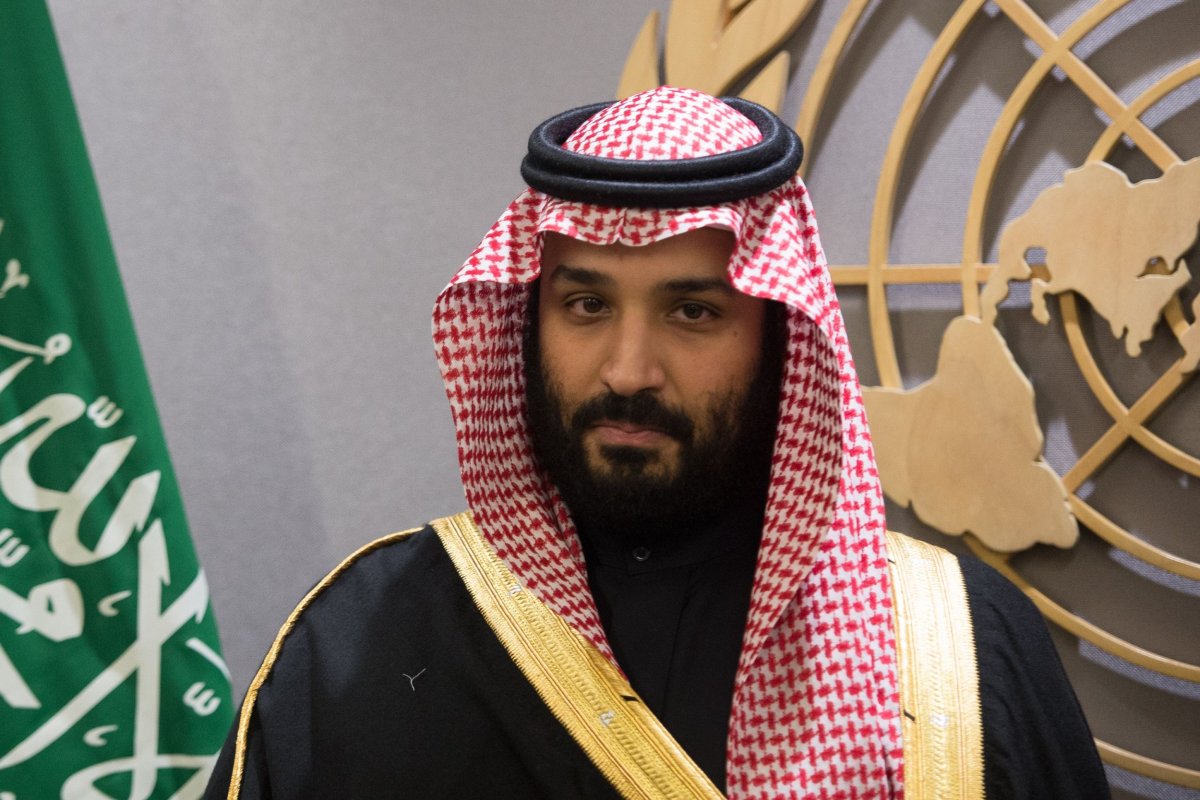Contrary to the speculation that the Saudi regime would face mass protests during the 2011 Arab uprisings, the regime survived by increasing repression against a wide range of critics, including women activists, Islamists and fellow royals.
Crown Prince Muhammad bin Salman (MBS) now stands alone at the top of the hierarchy, but he has lost many constituencies that allow him to rule without resorting to direct force. This situation is unsustainable and even dangerous. There's been a serious erosion of regime legitimacy, and this is leading to a slow implosion from within.
One of the first measures that MBS introduced when he became crown prince in 2016 was to undermine the state ideology, namely Wahhabism, that in the past provided the rationale for Al-Saud's rule over diverse regions and populations across Arabia. He distanced himself from this religious tradition and cut its grip on the population by ignoring its most radical and unacceptable Fatwa. He then put its most critical advocates in prison.
Consequently, he precipitated a vacuum in the national narrative that only outright repression can fill. He detained all sorts of Islamists, from the radicals to the moderates, because he feared a backlash that would threaten his newly introduced so-called reforms. While not all those detained object to lifting the ban on driving and introducing cinemas, he feared their more profound criticism that undermines his rule, namely ignoring and even negating the relevance of the Wahhabi tradition to the survival of the Saudi realm. He now rules without the old state ideology and is compelled to use force to punish dissidents from within its ranks and file.
Second, MBS wanted to gain a new legitimacy on the basis of groundbreaking new economic reforms. From Saudization programmes to privatization of government assets and services, he promised a new economic utopia in which young Saudis find jobs, develop as eclectic entrepreneurs, and amass wealth in the post-oil era.
He was initially successful in fueling the imagination of the Saudi youth cohort with the promise of prosperity and grandiose hypermodern projects. Alas, he faced real challenges and was forced to go back on most of his economic reforms. The most famous setback revolved around the plan to IPO 5 percent of Aramco, the main oil pump that keeps the regime and many countries around the globe running.
MBS found himself in need of cash and the borrowing frenzy from outside sources began. The colossal figure is now amounting to $12.5 billion in government bonds. Young people soon found out that unemployment rather than the promise of a comfortable and secure job awaited them upon graduation. Foreign labour is slowly leaving the country, but both visas to import more immigrants and the number of the jobless youth are increasing. There are economic structural hurdles that could not be overcome as quickly as MBS came to power.
With the sudden appointment of MBS as crown prince, and exclusion of more able cousins of his own generation, the old royal consensus was shattered—perhaps forever. MBS had to act quickly to consolidate his grip on power and the state's policing agencies, lest a dormant threat was awakened to challenge his rule.
The November 2017 Ritz Carlton drama, when he detained over a dozen of powerful and imminent princes such as Mitab bin Abdullah and Walid bin Talal, is still casting its omen on royal affairs. According to some rumours, the detentions were preventive measures against a possible coup plotted by the detainees. There is no confirmation of this story, but the anti-corruption narrative that was propagated by official sources as reasons for the detentions is accepted with a pinch of salt.
MBS created more enemies among his own kin that will haunt him for a long time. It is not clear how he can heal the deep rift without further repression.

Finally, as the domestic front is yet to be secured, MBS thought that an aggressive foreign policy and a promise to evict Iran from many Arab countries would crown him as the new desert warrior. Legitimacy on the basis of a swift military victory in Yemen promised great popularity, especially among the youth. The restoration of Saudi pride built on a newly imagined Saudi nationalism was good on television screens. But the reality on the ground was totally different as Houthi missiles began to reach the outskirts of Riyadh.
MBS's bombardment of Yemen proved to be an impossible war to win, at least militarily. He is stuck in the Yemeni hornet nest with no victory or an exit strategy. With mounting international pressure following serious Yemeni casualties and a humanitarian crisis, MBS can only count on the U.S. and Britain, the main backers of this treacherous war. Without them, he will not be able to continue this war, according to former U.S. CIA official Bruce Riedel.
The Saudi army has never fought a war on its own, let alone win one. In the 1980s, Saudi Arabia fought Iran with Saddam Hussein's army; in 1990 it fought Saddam Hussein and evicted him from Kuwait with an American army. Unless one thinks that the Yemen War has become a training camp for an inexperienced Saudi Army, there is no rationale to continue airstrikes with no obvious victory on the horizon.
With repression, don't expect a Saudi revolution soon. What we may see is a slow and gradual erosion of regime legitimacy that may last for a long time—before a serious implosion.
Madawi Al-Rasheed is visiting professor at the Middle East Center, London School of Economics. Her latest book Salman's legacy was published in 2018. On twitter @madawidr.
The views expressed in this article are the author's own.
Uncommon Knowledge
Newsweek is committed to challenging conventional wisdom and finding connections in the search for common ground.
Newsweek is committed to challenging conventional wisdom and finding connections in the search for common ground.
About the writer
To read how Newsweek uses AI as a newsroom tool, Click here.








